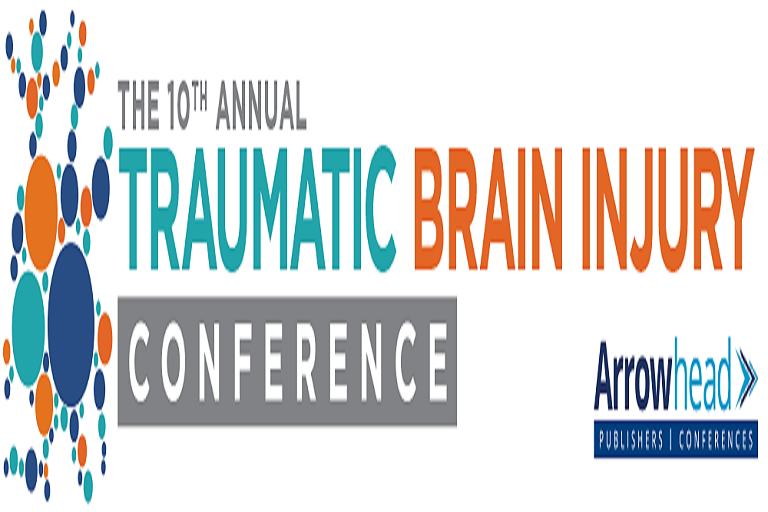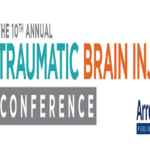Should we rename low risk (“indolent”) cancers in a bid to reduce anxiety and harm from unnecessary investigation and treatment? Experts debate the issue in The BMJ today.
The clinical definition of cancer describes a disease that, if untreated, will grow relentlessly and spread to other organs, killing the host, explains Laura Esserman at the Carol Franc Buck Breast Care Center in San Francisco, California.
Yet what we routinely refer to as cancer today is a disease ranging from ultra low (less than a 5% chance of progression over two decades) to extremely high (more than a 75% chance of progression over one to two years).
Modern screening programmes have led to increased detection and treatment of ultra low risk cancers, including many thyroid, prostate, and breast cancers, she writes.
For example, as many as 35% of all screen detected breast cancers may fall into the ultra low risk category. Yet women with low risk lesions (known as ductal carcinoma in situ or DCIS) “are being rushed to the operating room, precipitating a lifetime of anxiety,” says Esserman.
Investigation and invasive intervention themselves carry risk. Rather than surgery, she believes we should offer active surveillance, but says “it is difficult to encourage patients to wait and watch once they have been told they have cancer.”
Overtreating people who are not at risk of death “does not improve the lives of those at highest risk,” she writes. “The refinement of the nomenclature for cancer is one of the most important steps we can take to improve the outcomes and quality of life of patients with cancer.”
But Dr Murali Varma at the University Hospital of Wales in Cardiff warns that creating new entities risks confusion, so public education about the nature of cancer must be the priority.
In practice, it is impossible to determine the natural course of any low risk tumour, he says, “because excision for definitive diagnosis alters its natural course, precluding knowledge of how the tumour would have behaved if left untreated.”
This uncertainty could also lead to underestimation of the frequency of overdiagnosis as some “cured cancers” would not have progressed even if untreated, he adds.
Varma believes that, rather than focusing on semantics, the key is to educate everyone from the healthy public to health professionals about the meaning of a diagnosis of cancer.
New terminology often leads to confusion, so an alternative approach would be to recalibrate thresholds for the diagnosis of cancer, so that some very low risk cancers are categorised as benign, he suggests.
“If the public were educated that benign signifies very low risk rather than no risk at all, then anxiety inducing labels could be avoided,” he concludes.
In a linked patient commentary, Birte Twisselmann, an editor at The BMJ, describes the “considerable worry” of having two suspicious lesions dealt with in less than a year. Despite their low risk, she says the “confusing terminology for cancers and precancerous lesions made me anxious.”
Even the discharge letter “was another trigger for anxiety,” she adds. The phrasing is not a label like cancer, but “it felt as if it had a hidden meaning not intended for the patient to understand.”








































